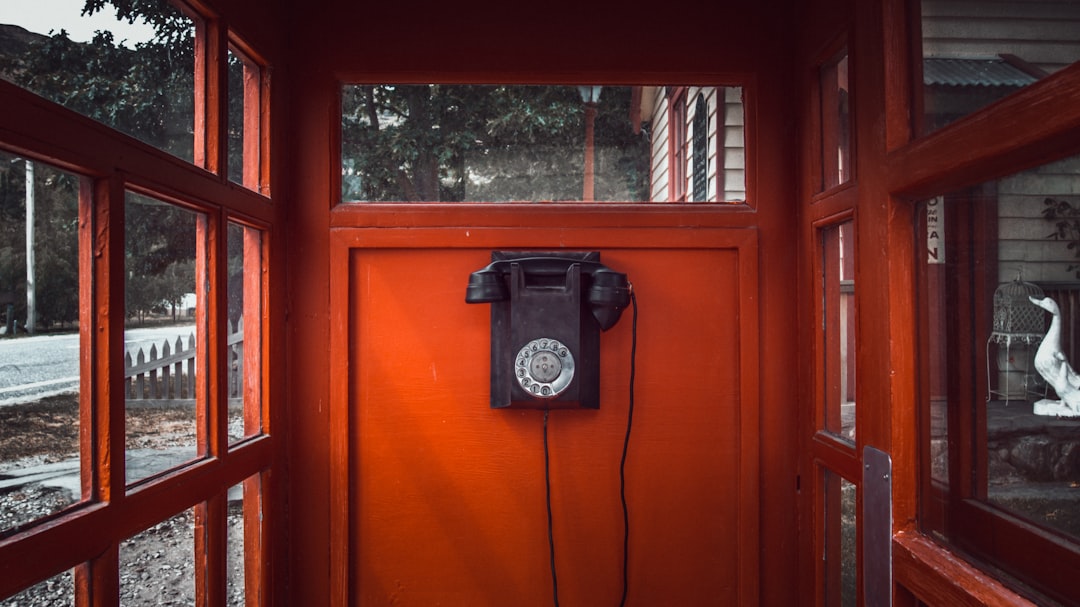In areas like Las Vegas, phone charity scams are prevalent, with scammers impersonating legitimate organizations using emotional tactics and urgent language to pressure donations. Protect yourself by verifying caller identity and checking charity authenticity through official channels. If suspected, consulting a lawyer for TCPA Nevada can provide guidance and legal protection against such scams. Be cautious of calls demanding immediate financial commitments without verification or threatening legal consequences. Federal laws like the Telephone Consumer Protection Act (TCPA) protect Nevadans from unwanted phone calls; seeking legal advice can help determine if your rights have been violated and guide you on how to proceed.
In Las Vegas, as across the nation, phone charity scams pose a persistent threat. Understanding how these manipulative tactics work is your first line of defense. This guide breaks down key red flags and offers practical advice from legal experts on navigating these fraudulent calls, especially under Nevada’s protective framework. If you’ve already been targeted, knowing your rights—and the steps to take—under the Telephone Consumer Protection Act (TCPA) with the help of a Las Vegas lawyer specializing in TCPA cases can protect you from further financial harm.
Understanding Charity Scams Over the Phone

Charity scams over the phone are a prevalent issue, especially in areas like Las Vegas where fundraising events and initiatives are frequent. Scammers often pose as representatives of reputable charities, using emotional appeals to pressure potential donors into making immediate donations. They may claim that only a small amount will help or threaten consequences if you don’t give right away.
Understanding these tactics is the first step in protecting yourself. If you receive an unexpected phone call asking for charitable donations, verify the caller’s identity and the legitimacy of their cause. Check the charity’s website or contact them directly using information from a trusted source to confirm they are genuine. Remember, legitimate charities will not pressure you into making impulsive decisions regarding donations. Consider consulting a lawyer specializing in TCPA Nevada if you suspect you’ve been targeted by such a scam.
Recognizing Red Flags During Calls

When navigating phone calls from charities, especially those claiming to be based in Las Vegas, it’s crucial to remain vigilant and watch for potential red flags. Scammers often use emotional appeals and urgent language to manipulate potential donors. They may pose as representatives of reputable organizations or even threaten legal action if you don’t comply, using tactics similar to those employed by a lawyer for TCPA Nevada. Be wary of calls that:
– Request immediate financial commitments without providing ample time for verification or research on their part.
– Use pressure tactics, such as claiming there’s a limited time to respond or implying legal consequences if you don’t donate.
– Avoid clear and direct answers to your questions, instead trying to rush you into a decision.
– Can’t provide specific details about the charity, its mission, or how funds will be used.
Legal Protections Against TCPA Violations in Nevada

In Nevada, like many states across the country, there are strict laws in place to protect residents from unwanted phone calls, including those from charity scammers. The Telephone Consumer Protection Act (TCPA) is a federal law that prohibits certain types of telemarketing practices, and Nevada has additional protections specific to its state. If you’ve received suspicious or harassing phone calls from charitables or any other entities, it’s important to know your rights.
If you believe you’ve been a victim of a charity scam over the phone, consulting a lawyer specializing in TCPA cases in Nevada can be beneficial. They can help determine if the organization has violated your rights under the TCPA and guide you on the best course of action to seek compensation or prevent further harassment. There are severe penalties for businesses that violate the TCPA, which can include monetary fines, so understanding these protections is crucial when navigating unwanted phone calls.
Steps to Take If You've Been Targeted by a Scammer

If you’ve fallen victim to a charity scam over the phone, it’s important to act quickly to mitigate potential damages. The first step is to hang up immediately and do not engage with the caller any further. Documenting the interaction by noting down details such as the caller’s number, the time and date of the call, and what was said can be crucial for later reference.
Next, consider consulting a lawyer specializing in TCPA (Telephone Consumer Protection Act) Nevada laws. They can advise you on your rights and help you understand if any legal action is available to you. Additionally, report the scam to local law enforcement and relevant consumer protection agencies to aid in preventing similar incidents from occurring in the future.






